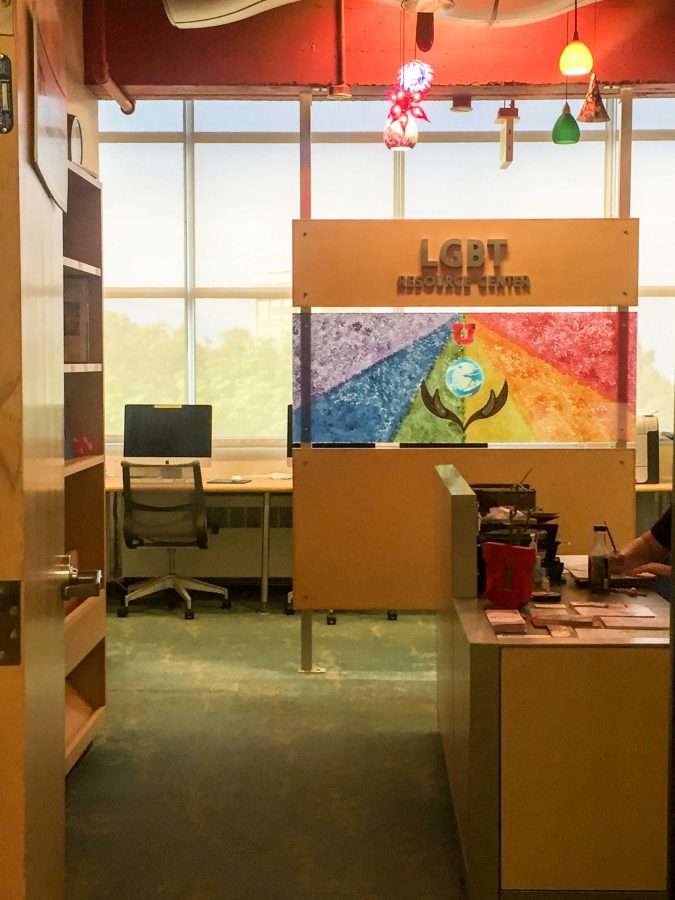Affordable Colleges Online (AC) has ranked the University of Utah as the second-friendliest college for LGBTQ students in the United States, coming in just behind the University of California-Riverside.
One criterion for the rankings is the existence of an LGBTQ resource center on campus. The mission of the U’s resource center is to “[act] in accountability with the campus community by identifying the needs of people with a queer range of (a)gender and (a)sexual experiences and responding with university-wide services.”
Creating a safe space for students, the center hosts weekly “Fabulous Fridays” full of free food, board games and a chance to meet fellow students. The center also holds workshops, has mentorship programs and panels and presents various other events throughout the year. The resource center also gives academic support complete with a study area and computers.
Another criterion of AC’s ranking is the existence of LGBTQ clubs, organizations and events. The U’s Queer and Trans Students of Color (QTSOC) takes a focused approach. Providing a space for intersecting racial and gender identities, the group works for social justice, community building, critical thinking and self-expression. The student group Interdependence describes itself as a group focused on the intersection of identities from disability to illness and gender and sexuality.
Title IX is a policy developed by the U.S. Department of Education that calls for the protection of all students, including students who identify as LGBTQ.
The U’s Title IX Coordinator, Sherrie Hayashi, is “responsible to oversee the university’s response to reports and complaints that involve possible sex discrimination to monitor outcomes, identify and address any patterns, and assess effects on the campus climate so the University can address issues that affect the wider school community,” according to the University’s Office of Equal Opportunity website.
A third criterion in the ranking is the presence of LGBTQ-specific scholarships. A list of LGBTQ scholarships can be found on the LGBTQ Resource Center’s website.
Students also have the option of gender-inclusive housing at the U, another AC criterion. Students have the option of living in a shared space, with a preferred roommate, in their own room and bathroom, in a single room and shared unisex bathroom or in the Alliance House Living Learning Community, in which the student can select a space without any consideration of gender identity or sexual orientation.
AC looks for an affirmative statement on inclusivity, such as the mission statement of the U’s Office for Inclusive Excellence.
“We believe that inclusion and diversity are fundamental to the success of the university, and its students, staff, faculty, and administrators. A collective commitment to diversity and inclusion enriches our learning prepares students to become actively engaged in our local and global society as responsible citizens,” said one portion of the mission.
Gender-neutral bathrooms are a college campus essential to AC. A map of gender-neutral bathrooms across campus can also be found on the LGBTQ Resource Center’s website.
Inclusivity training for students, faculty and administrators is another criterion. The LGBTQ Resource Center at the U provides materials to allies of the community with a guide to pronouns, why pronouns are importanthow to ask and what to do if you make a mistake.
Though the U ranked well, it has room for improvement by AC guidelines. The U does not have mental health services specifically for LGBTQ students, though there are mentorship programs, a general center for student wellness and a counseling center that are open to all students.
Special healthcare for LGBTQ students is another box unmarked for the U. Schools such as the University of Chicago provide students with a comprehensive health care program covering HIV/HPV testing, counseling, gender affirmation surgeries and hormone therapy.
@kenzomcd


